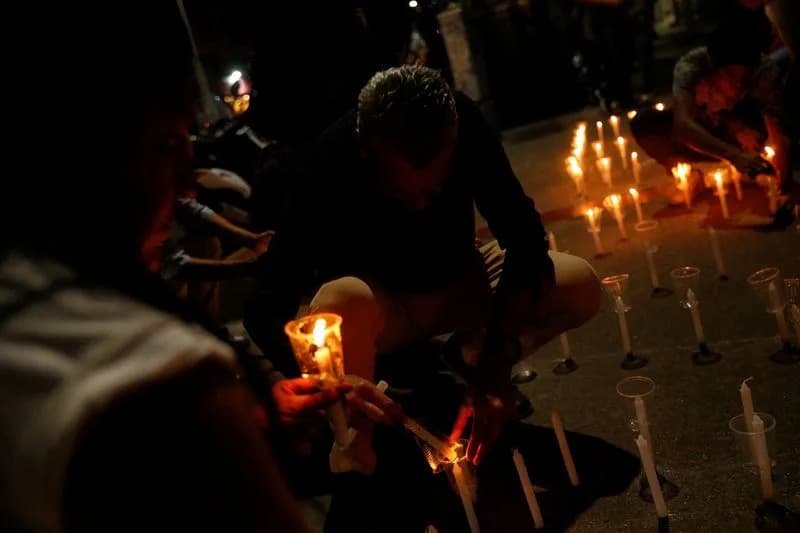Belarus has pardoned and released two Catholic priests — Henrykh Akalatovich and Andrzej Yukhnevich — after a Vatican envoy visited Minsk. Officials cited “intensified contacts with the Vatican” for the pardons, while the Catholic Church called the move a “sign of mercy.” Critics say the releases are likely part of a broader effort to ease international pressure, even as hundreds of political prisoners remain in Belarus.
Belarus Frees Two Catholic Priests After Vatican Intervention

Belarus has pardoned and released two Roman Catholic priests weeks after a senior Vatican envoy visited Minsk, a move officials linked to improved contacts between the Belarusian government and the Holy See.
Who was released
Henrykh Akalatovich, 65, had been serving an 11-year sentence after being accused of spying for Poland and the Vatican. He has denied the allegations, saying they were based on “lies, threats and blackmail.”
Andrzej Yukhnevich was serving a 13-year sentence on charges of sexual abuse of minors, charges he denies. He had previously been detained several times, including over a social media post that displayed a Ukrainian flag.
Official explanation and church response
Belarusian state media reported that President Alexander Lukashenko pardoned the two men because of what it described as “intensified contacts with the Vatican.” In October, Pope Francis sent Cardinal Claudio Gugerotti to Minsk for high-level talks with Belarusian authorities.
The Catholic Church in Belarus welcomed the releases, calling them a “sign of mercy and respect for the Pope” and a step toward dialogue.
Context and reactions
Critics of Lukashenko say the pardons are likely aimed at repairing ties with Western governments rather than reflecting major changes to Belarus’s domestic policies. Since the large protests of 2020, Minsk has intensified a crackdown on dissent, driving thousands into exile and placing more than 1,200 people behind bars for political reasons.
Human rights group Viasna reports there remain around 1,255 political prisoners in Belarus, including 29 priests. Observers note the releases come amid other diplomatic moves, including Poland reopening two border crossings with Belarus this week and international efforts to negotiate further prisoner releases; meanwhile, Polish-Belarusian journalist Andrzej Poczobut, awarded the EU’s Sakharov prize, remains imprisoned.
Why it matters
The episode highlights the role of religious diplomacy in a fraught geopolitical environment: Catholicism in Belarus is often associated with Poland, and the government has viewed some clergy as sympathetic to protest movements. The pardons may ease a fraction of international pressure, but advocates warn significant concerns about human rights and political repression in Belarus remain.
Help us improve.




























